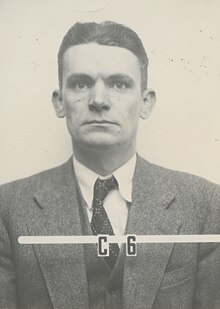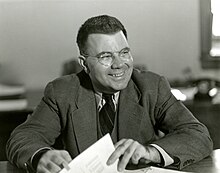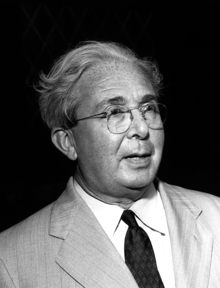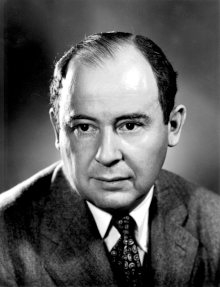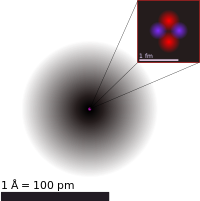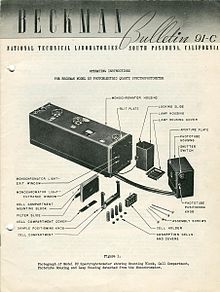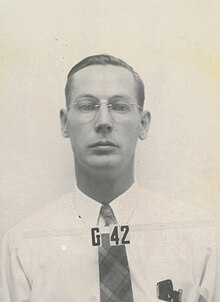Portal:Physics
The Physics Portal


Physics is the scientific study of matter, its fundamental constituents, its motion and behavior through space and time, and the related entities of energy and force. Physics is one of the most fundamental scientific disciplines. A scientist who specializes in the field of physics is called a physicist.
Physics is one of the oldest academic disciplines. Over much of the past two millennia, physics, chemistry, biology, and certain branches of mathematics were a part of natural philosophy, but during the Scientific Revolution in the 17th century, these natural sciences branched into separate research endeavors. Physics intersects with many interdisciplinary areas of research, such as biophysics and quantum chemistry, and the boundaries of physics are not rigidly defined. New ideas in physics often explain the fundamental mechanisms studied by other sciences and suggest new avenues of research in these and other academic disciplines such as mathematics and philosophy.
Advances in physics often enable new technologies. For example, advances in the understanding of electromagnetism, solid-state physics, and nuclear physics led directly to the development of technologies that have transformed modern society, such as television, computers, domestic appliances, and nuclear weapons; advances in thermodynamics led to the development of industrialization; and advances in mechanics inspired the development of calculus. (Full article...)
The Smyth Report (officially Atomic Energy for Military Purposes) is the common name of an administrative history written by American physicist Henry DeWolf Smyth about the Manhattan Project, the Allied effort to develop atomic bombs during World War II. The subtitle of the report is A General Account of the Development of Methods of Using Atomic Energy for Military Purposes. It was released to the public on August 12, 1945, just days after the atomic bombings of Hiroshima and Nagasaki on August 6 and 9.
Smyth was commissioned to write the report by Major General Leslie R. Groves, Jr., the director of the Manhattan Project. The Smyth Report was the first official account of the development of the atomic bombs and the basic physical processes behind them. It also served as an indication as to what information was declassified; anything in the Smyth Report could be discussed openly. For this reason, the Smyth Report focused heavily on information, such as basic nuclear physics, which was either already widely known in the scientific community or easily deducible by a competent scientist, and omitted details about chemistry, metallurgy, and ordnance. This would ultimately give a false impression that the Manhattan Project was all about physics. (Full article...)
Did you know -

- ... the mirage of astronomical objects is an optical phenomenon, which produces distorted or multiple images of astronomical objects such as the Sun, the Moon, the planets, bright stars and very bright comets
- ... that your watch would run slower when orbiting a black hole than it would on Earth?
- ... that homing pigeons wouldn't be able to navigate on Mercury because the planet has no magnetic field or atmosphere?
Selected image -

Related portals
December anniversaries
- 1610 – Galileo Galilei observes phases of Venus.
- 1900 - The peer reviewed journal "Nature" reports on Duddell's "Singing Arc" American Physical Society.
- 1942 - First self-sustained nuclear chain reaction at the University of Chicago under the supervision of Enrico Fermi. American Physical Society
- 1968 – Apollo 8 Launched
- 1995 – Hubble Deep Field images taken.
Births
- 1852 - Henri Becquerel
- 1900 - George Eugene Uhlenbeck
- 25 December, 1642 - Isaac Newton
- 5 December, 1901 - Werner Heisenberg
- 18 December, 1856 - J. J. Thomson
General images
Categories

Fundamentals: Concepts in physics | Constants | Physical quantities | Units of measure | Mass | Length | Time | Space | Energy | Matter | Force | Gravity | Electricity | Magnetism | Waves
Basic physics: Mechanics | Electromagnetism | Statistical mechanics | Thermodynamics | Quantum mechanics | Theory of relativity | Optics | Acoustics
Specific fields: Acoustics | Astrophysics | Atomic physics | Molecular physics | Optical physics | Computational physics | Condensed matter physics | Nuclear physics | Particle physics | Plasma physics
Tools: Detectors | Interferometry | Measurement | Radiometry | Spectroscopy | Transducers
Background: Physicists | History of physics | Philosophy of physics | Physics education | Physics journals | Physics organizations
Other: Physics in fiction | Physics lists | Physics software | Physics stubs
Physics topics
Classical physics traditionally includes the fields of mechanics, optics, electricity, magnetism, acoustics and thermodynamics. The term Modern physics is normally used for fields which rely heavily on quantum theory, including quantum mechanics, atomic physics, nuclear physics, particle physics and condensed matter physics. General and special relativity are usually considered to be part of modern physics as well.
More recognized content
Associated Wikimedia
The following Wikimedia Foundation sister projects provide more on this subject:
-
Commons
Free media repository -
Wikibooks
Free textbooks and manuals -
Wikidata
Free knowledge base -
Wikinews
Free-content news -
Wikiquote
Collection of quotations -
Wikisource
Free-content library -
Wikiversity
Free learning tools -
Wikivoyage
Free travel guide -
Wiktionary
Dictionary and thesaurus



